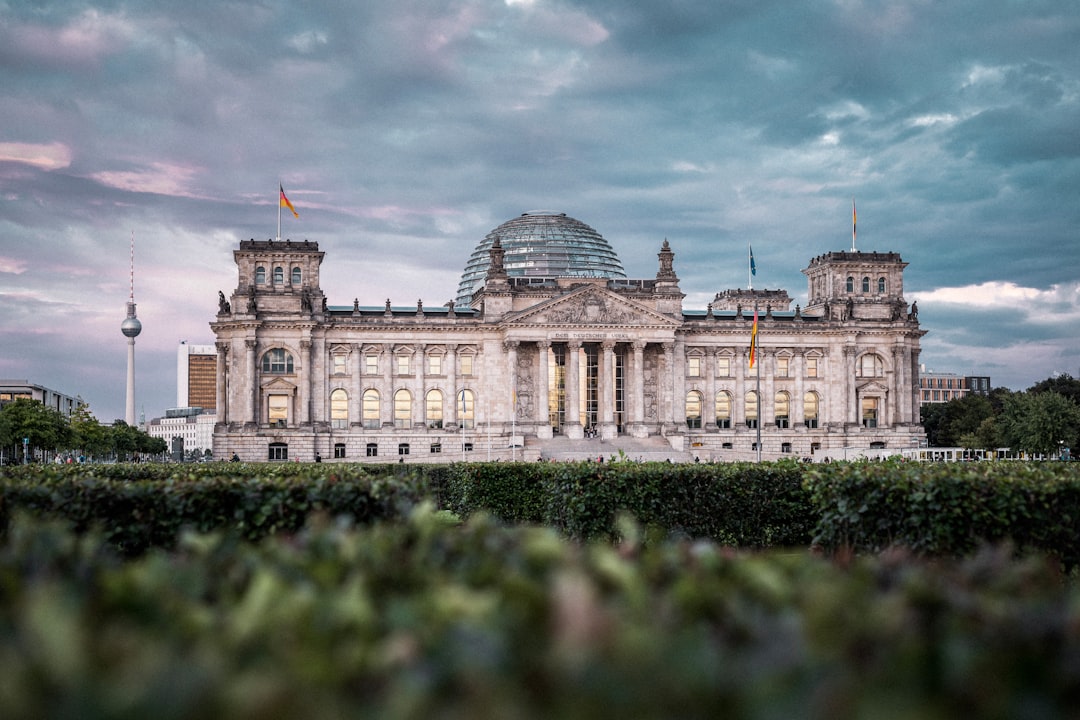How low will Germany's economy go?

Dear Reader,
Germany’s main opposition party, the Christian Democrats, didn’t have to do much to end this week as the winners in an ongoing debate over who can be trusted with the reins to the German economy.
All the conservative party needed to do was sit back and watch as Olaf Scholz’ government attempted to explain the latest, dire figures that show the economy stuttering towards stagnation — symptoms of Germany’s economic decline rather than a one-off forecasting error.
On Wednesday, the government released its economic report for 2024 - and the headline figure was a growth prognosis that has been slashed down to just 0.2%.
The figures were “dramatically bad,” admitted Economy Minister Robert Habeck of the Greens. Finance Minister Christian Lindner (Free Democrats) also ate humble pie, calling the growth prediction “nigh-on embarrassing.”
The German figures were put in an even worse light by figures released by the EU, which put Germany second bottom among the bloc’s 27 economies.
For years, Berlin lorded it over southern Europe, who it liked to tick off for combining high public debt with low growth. Now even troubled countries like Greece and Italy are showing Germany up.
But Habeck has been keen to find a silver lining among the dark and rainy clouds.
“The good news is that Putin has failed in his attempt to drive Germany into an energy shortage and thus economic disaster,” he claimed when presenting the economic report.
“Germany has proven to be very resilient because we reacted decisively,” he added.
And that's not all.
“Workers finally have more money in their wallets again and their purchasing power is increasing. Record levels of employment and the expansion of renewable energies are both important signs of hope,” he pointed out.
No one else seemed to be in such a chipper mood, though.
Habeck is a “milkmaid with cold hands,” scoffed journalist Gabor Steingart on a TV talk show that evening. Explaining the unusual comparison, Steingart said that “just as cows don’t squirt their milk when your hands are cold, the economy has to feel good. You can't just order it to do what you want.”
That is a criticism of Habeck, the minister responsible for the wellbeing of German industry, that is widely shared. The Green politician has spent the past two years drafting bureaucratic legislation on heating and energy that has infuriated the private sector.
The liberal Süddeutsche Zeitung, a normally sympathetic newspaper, slammed Habeck for having no plan.
“A coherent and coordinated programme to tackle the crisis is nowhere to be found in his 178-page economic report,” the paper moaned in an article headlined “dark projections, no solutions.”
Economists have been more sober, but they are just as clear that the government ultimately carries the can for Germany’s economic woes.
Jens Südekum, an economist at the Heinrich Heine University told Focus magazine that constant squabbles between Habeck and Lindner over public spending were “poison” for the economy.
This is all bad news for Germany. But life has never been easier for an opposition party.
The CDU don’t need to offer any solutions of their own, they just need to remind voters of the government’s obvious flaws… and watch their polling figures creep up a couple more points.
Instead, the CDU decided to score a strange own goal.
The following happened:
Keep reading with a 7-day free trial
Subscribe to The German Review to keep reading this post and get 7 days of free access to the full post archives.


